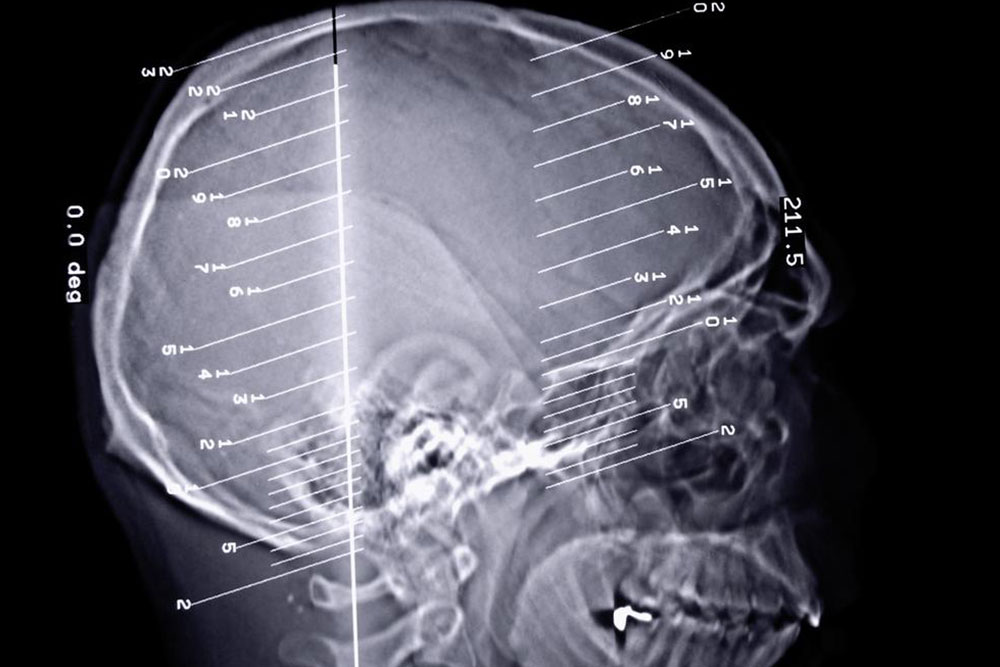Top 7 Common Causes of Trauma Everyone Should Recognize
This article explores the seven most common causes of trauma, including medical issues, accidents, bullying, loss, natural disasters, abuse, and neglect. Understanding these factors helps in recognizing trauma's origins and aids in seeking appropriate support and treatment. Whether personal or societal, awareness of trauma causes is essential for mental health and recovery.
Sponsored

Trauma is an emotional reaction to distressing events, as defined by the American Psychological Association. It often manifests through intense or altered emotions. Individuals respond differently to trauma; some struggle significantly, while others recover and lead fulfilling lives. The causes of trauma vary, including physical and psychological factors. Recognizing these causes can help in understanding and managing trauma effectively. Below are seven prevalent sources of trauma that people commonly encounter.
Major Medical Procedures or Health Issues
Undergoing significant surgeries or battling severe illnesses can lead to trauma. Children subjected to major medical treatments may carry emotional scars into adulthood.
Accidents and Injuries
Incidents such as car crashes, falls, head injuries, sports accidents, house fires, or other mishaps can cause physical trauma and evoke feelings of insecurity and fear.
Persistent Bullying
Repeated harassment by peers, siblings, or classmates over time can become a deeply traumatic experience for both children and adults.
Loss or Separation from Loved Ones
The death of a close person or separation through divorce, incarceration, or deployment can cause lasting emotional trauma, especially in children.
Natural Disasters
Events like hurricanes, earthquakes, floods, or wildfires can leave survivors with profound psychological and emotional scars.
Abuse and Maltreatment
Emotional, physical, or sexual abuse can deeply impact an individual’s mental health. Experiences like humiliation, violence, or sexual assault often lead to long-term trauma. Substance abuse can also contribute to traumatic experiences.
Neglect
Childhood neglect, such as lack of proper care, food, or safety, can hinder emotional and psychological development, resulting in trauma that persists into adulthood.






